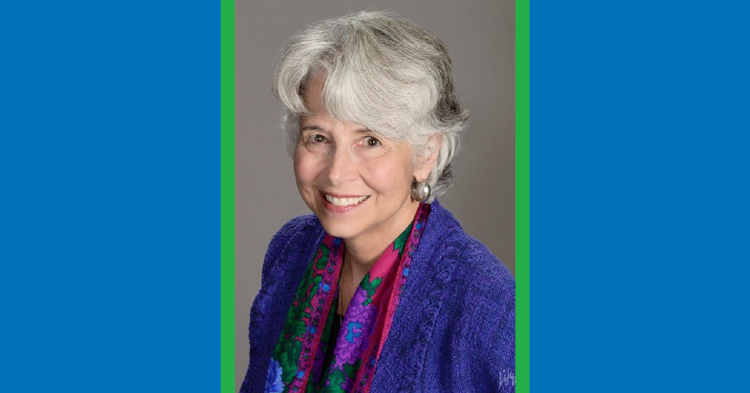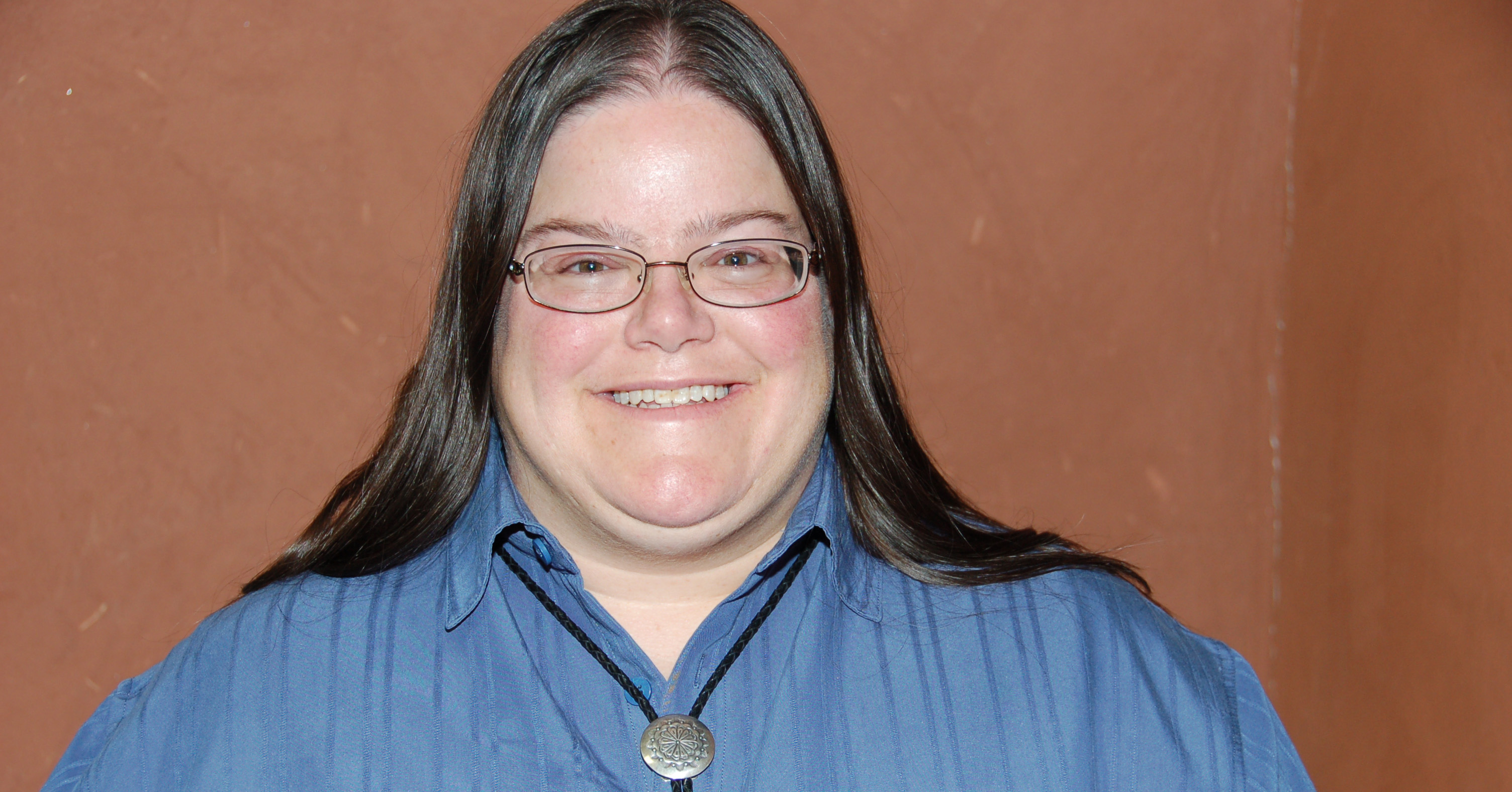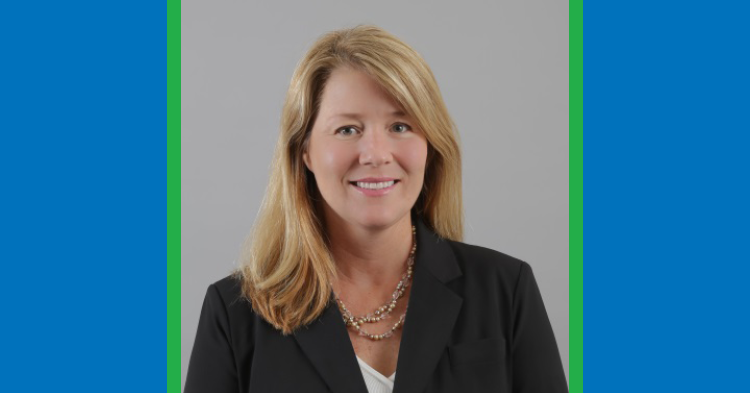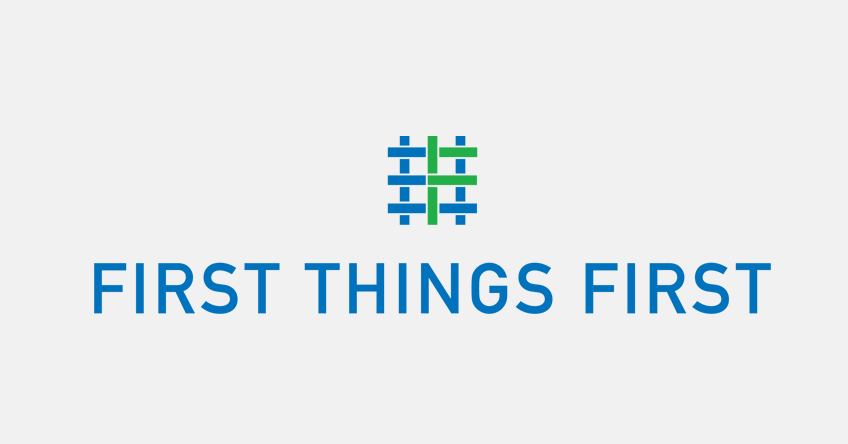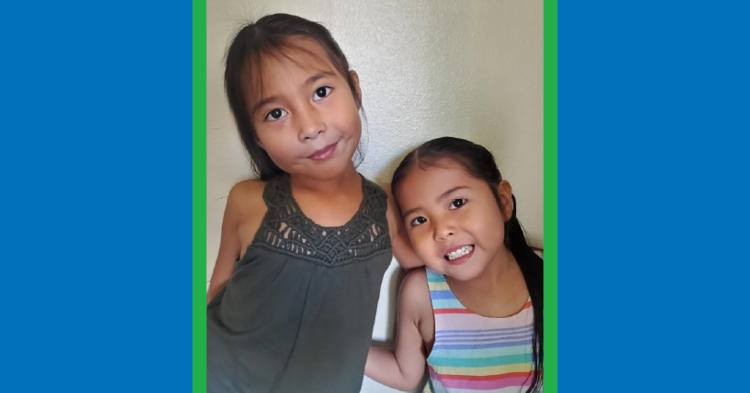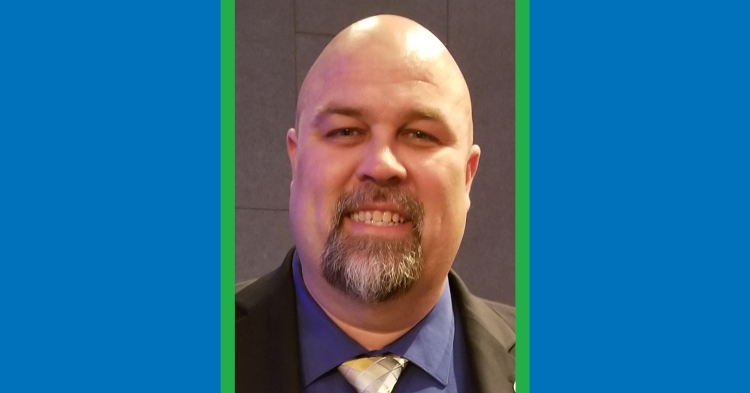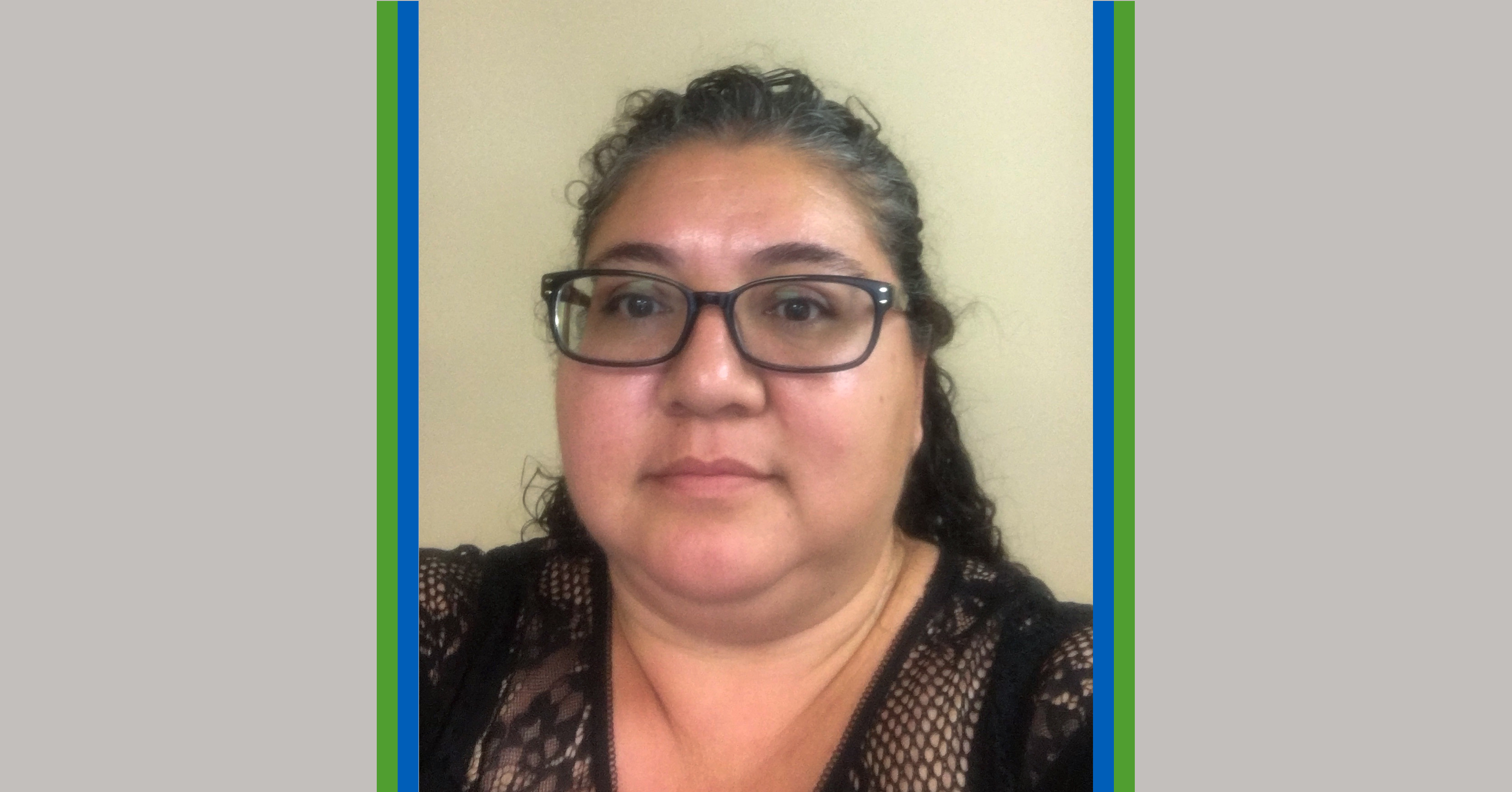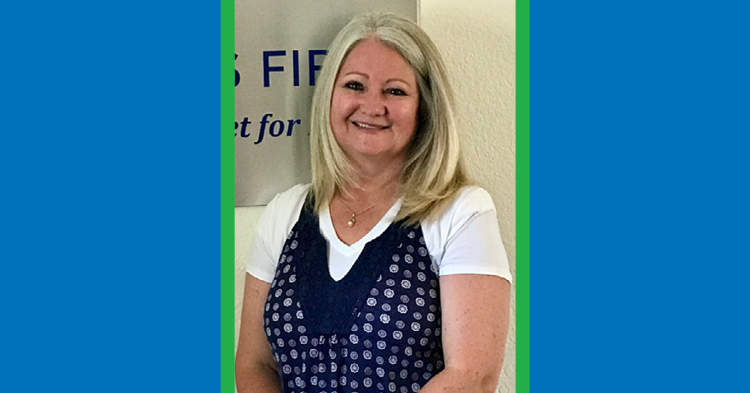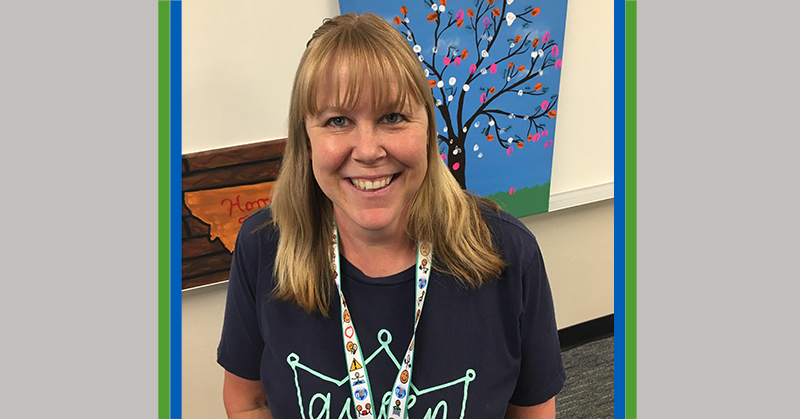
Heather Gray has been selected as the 2020 First Things First Navajo/Apache Region Champion for Young Children.
The award is given to local champions who actively volunteer their time to raise public awareness of the importance of early childhood development and health. Champions spend a significant amount of time volunteering with FTF and building public awareness about the importance of early childhood issues.
Gray helped organize the Sequoia Village School open house, where she distributed early childhood information to parents, which informed them that a child’s first five years have a big impact on their future success in school and life. Gray also recruited her husband Paul to share FTF-sponsored children’s books at the Itty Bitty Olympics event. Gray was able to share FTF resources and the FTF website with families in attendance.
We recently caught up with Gray, who is a special education teacher at Sequoia Village School.
Question: Why do you feel early childhood development and health is important?
Answer: I have had a passion for early childhood and health for as long as I can remember. My youngest brother had Down Syndrome and suffered from heart related complications. He passed away at 18 months from pneumonia. During his short life I had the great honor to help my mom with his care. I learned that as people we often look at what a young infant or child is unable to do, however, I also learned that we can focus on what they are able to do and help them reach their fullest potentials. Benjamin may not have been able to ever crawl or walk, but because he could reach his potential. he learned to interact with his sounds, and he loved to play with his toys. This amazing little boy who was not supposed to make it more than a few days had a positive, happy short life, that inspired my future and those he touched for the rest of their lives.
Early childhood development support is fundamental to ensure that a child reaches all physical and emotional goals at a timeframe that is appropriate for their individualized growth. Just as reaching physical milestones at typical ages is foundational, so are social emotional milestones. I feel very strongly that supporting our youngest individuals with their social emotional growth can guide their future in the most positive ways possible. A healthy child who is both physically and emotionally on target can reach their fullest potentials.
This is where I support doing everything we can as caregivers to place high priorities on providing early interventions for physical and emotional needs as soon as a need is noted. I look at my youngest boy who did not speak until he was about 4 years old. He was fortunate enough to receive early intervention in the form of speech therapy from the age of 2 to help him reach this milestone at his individual timeline. I truly believe that if he did not receive the early intervention, he would have not reached this milestone as soon as he did.
Question: How do you suggest other people in your community get involved?
Answer: Anyone can be a support for young infants and children. Volunteering at the library or schools to read to children is a great way to begin this process. Another way to get involved from a hands-off point of view is to donate books, learning activities like puzzles, or games to places that provide support for early intervention services. A lot of families may have financial needs that prevent them from purchasing these items and would value them.
One of my favorite things to do is to volunteer to help at early childhood events, like sharing learning games that can be made from items in the house. This is an opportunity for someone to get involved that is simple and much appreciated. As a young parent I didn’t know how many wonderful ways I could enhance my children’s learning from typical household items. I want to share what I know now with families to give them a head start on their child’s learning. As an example kids love empty-fill exercises – using two large containers a parent can fill one with beans, rice, water, noodles or whatever fun materials they can think of. Next, the child can use scoops or small cups to take items from one container and fill the other. This sounds simple enough, the learning is more significant than a parent might think, children build eye-hand coordination and other motor skills with simple games like the one above.
Along with sharing simple hands-on games, I help parents and caregivers recognize that the verbiage they use will impact social emotional health. Using a phrase like, “good job,” is nice, but it is a cookie cutter phrase. To boost a positive phrase a parent might say, “I liked how well you used your hand to pick up the scoop and move the beans to the other bowl,” it shows the child that you actually paid attention to what they were doing and it is a specific praise to the activity that is happening.
It is easy to get involved in some capacity, I promise that you will not regret it and your rewards will be significant!


